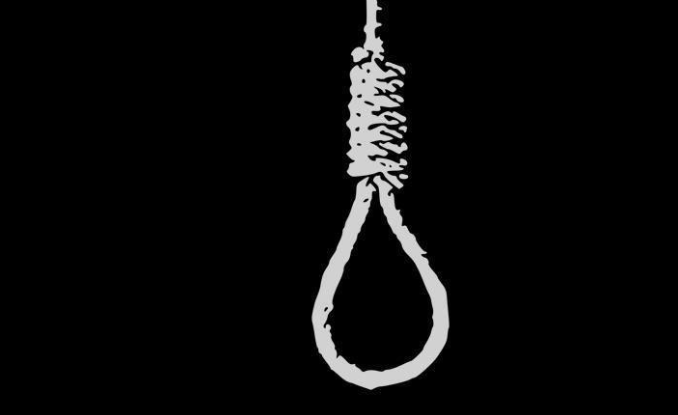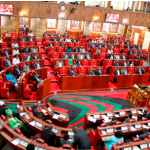A senior police officer is in critical condition after attempting suicide at his home in Ongata Rongai.
The inspector, who oversees a police post in Kariobangi, informed his wife on the morning of Sunday, June 16, that he had lost his official Ceska pistol, which was loaded with 15 bullets.
According to his wife, the officer appeared stressed upon arriving home and could not recall how he lost the weapon.
The officer then went to the family washing area and ingested poison.
His family discovered him in distress and promptly rushed him to the hospital, where he was admitted in stable condition. Following the incident, police were mobilized to search for the missing weapon, which remains unrecovered as of Tuesday.
Authorities are now retracing the officer’s steps in the hours leading up to his suicide attempt.
This incident highlights the increasing trauma among police officers, many of whom have died by suicide or have been involved in fatal incidents attributed to work-related stress.
To address this growing issue, police authorities have initiated counseling services, and the National Police Service Commission has set up a dedicated unit to provide support and manage the demanding situations faced by officers.
The National Police Service Commission’s newly established counseling unit will evaluate, design, and lead outreach programs aimed at preventing mental health issues and substance abuse among officers.
Currently, at least three police officer suicides are reported each month.
Officials note that police are often at the forefront of community issues, expected to maintain law and order in challenging situations, and frequently risking their lives.
The rising number of deaths within the police service, many attributed to trauma, includes those by gun.
The World Health Organization identifies several factors contributing to these cases, such as joblessness, death, academic pressures, legal and financial difficulties, bullying, previous suicide attempts, family history of suicide, alcoholism and substance misuse, depression, and bipolar disorder.



